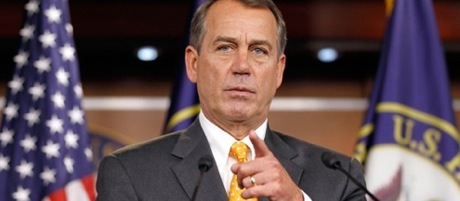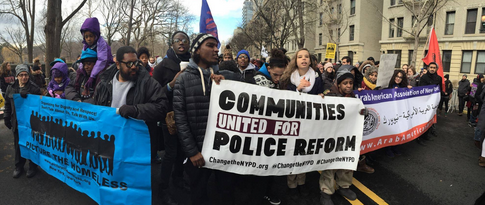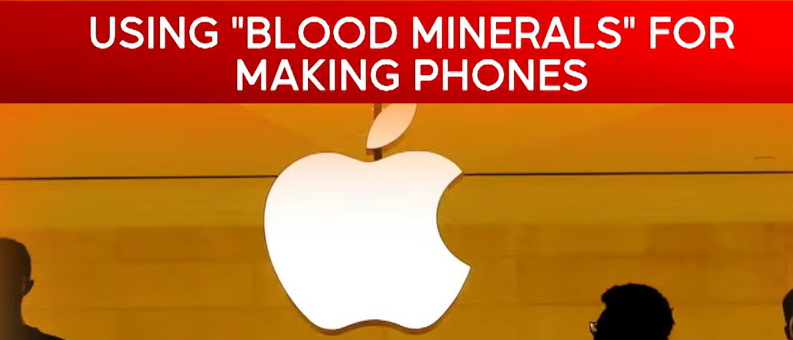House Speaker Boehner — will there be another government shutdown?
The new year prompts many of us once again to make personal resolutions. Most of them are promises to change our own behaviors. While personal change is important, change in our social systems can only be achieved by a collective commitment to do things differently. If we work together, even in the midst of disagreement, we have the potential for a community change, which is vital in our current times.
At the close of 2013, it was encouraging to see congressional leaders negotiate a way forward on the federal budget issues that have divided us for so long. It was promising to see that some of our elected leaders were willing to work hard to avoid another government shutdown. While we may differ with the specific positions of one side or the other, it was important that they were willing to step up and work for a compromise before the midnight hour. Unfortunately, these leaders were met with harsh criticism from some of their own colleagues for daring to work with those of a different political party.
As the calendar page has turned from December to January 2014, we have heard little about collaboration and meaningful compromise. There seems to be little resolve on the part of our national elected leaders to change individual and collective behavior to move our country forward. Determination to get re-elected seems to be the prevailing personal goal, rather than resolving to make change for the common good.
The 113th Congress is moving into the second year of its work in 2014. A courageous resolution for the members of Congress would be to negotiate differences of opinion, rather than an outright refusal to discuss them. As leaders from polarized political parties set their sights toward the mid-year election season, they might consider how weary citizens are of their relentless bickering. There is so much more work to do than simply figure out how to get re-elected.
Extending unemployment benefits is a good example of an urgent issue requiring action by Congress. Such action could stimulate the economy and care for the common good, but it seems to keep getting stuck in congressional gridlock. The argument is that people are using unemployment benefits to avoid getting a job. Every one of us knows a family member or friend who has lost their job in the last several months due to our nation’s economic crisis. I don’t know of a single one of them who would rather receive unemployment compensation than a paycheck.
As we welcome the new year of 2014, there are many other critical issues that need to be addressed. One is the looming climate crisis impacts the future of the entire world, far beyond our borders. Another is the need for comprehensive immigration reform that keeps families together and allows people to work and pay taxes without fear of detention or deportation. And families continue to struggle with financial crises and the threat of foreclosure because the fallout from the mortgage fraud and housing crisis in 2009 was never fully resolved.
Turning the calendar page to 2014 and setting our sights toward the future requires that we look beyond our personal goals and boldly claim our collective commitment to the common good as this year’s resolution.








